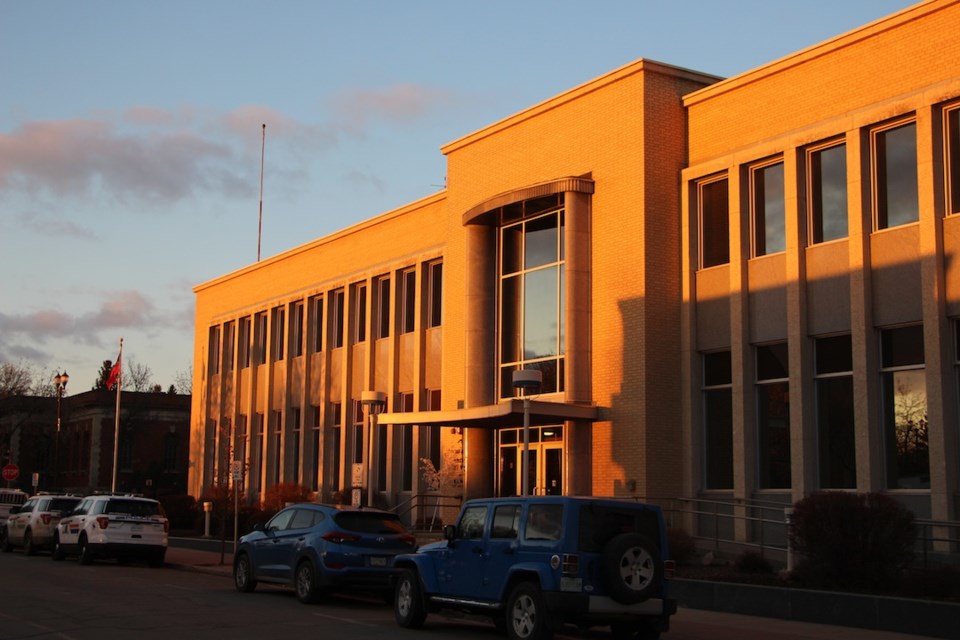It is becoming a rather old refrain at City Hall of late as City Administration reinforces the reality that infrastructure is aging, and as a result is deteriorating at a rate that as Trent Mandzuk – Director of Public Works noted at the regular meeting of Council Monday is “concerning.”
Mandzuk was talking about the water lines that carry water to our taps.
“The average age of cast iron pipe in Yorkton’s distribution system is 75 years old. There currently is 40.4 km currently in the system, which will take 95 years to replace based on current operational budget funding levels. This means that the last bit of cast iron within the distribution network will be 170 years old before it is replaced,” he said.
The situation today is better than a few years ago in terms of the amount of money the City invests in replacing the lines on an annual basis, but it’s still an amount that reminds of using a thimble to drain Good Spirit Lake.
"A 2018 study conducted by the Utah State University Buried Structures Laboratory indicated that water main breaks across North America have increased by 27 percent in the last six years. Cast iron (CI) pipes represent the largest pipe material inventory in North America. 82 percent of all CI pipe is over 50 years old and their break rates have increased significantly by 43 percent since 2012 and are expected to increase,” said Mandzuk.
The American numbers are reflected locally.
“The City of Yorkton has experienced an increase of 150 percent in water main breaks and a 363 percent increase in service connection breaks over the past five years,” said Mandzuk, adding breaks cost the City money. “The average water main break costs approximately $15,000 to repair and around $10,000 for a service connection leak.”
In 2015 there were eight service connection leaks and eight water main breaks. In 2019 the numbers were 37 and 20.
So the numbers are not good.
Ashley Stradeski, Director of Finance also noted at Monday’s meeting that roadways in the city are on a century-long repair cycle.
“There’s a road in the city not going to get fixed for 100-years,” he said.
In the midst of the COVID-19 pandemic which has many wondering how they will pay their 2020 property taxes, talk of the need for more revenue from taxes is folly.
However, the numbers again outlined at Council Monday rather clearly illustrate the need for a plan which will aggressively work toward cutting the cycles from the 100-plus years they now sit at, to a more reasonable timeframe more aligned with reasonable life expectancies for asphalt, water lines and other key city infrastructure.



